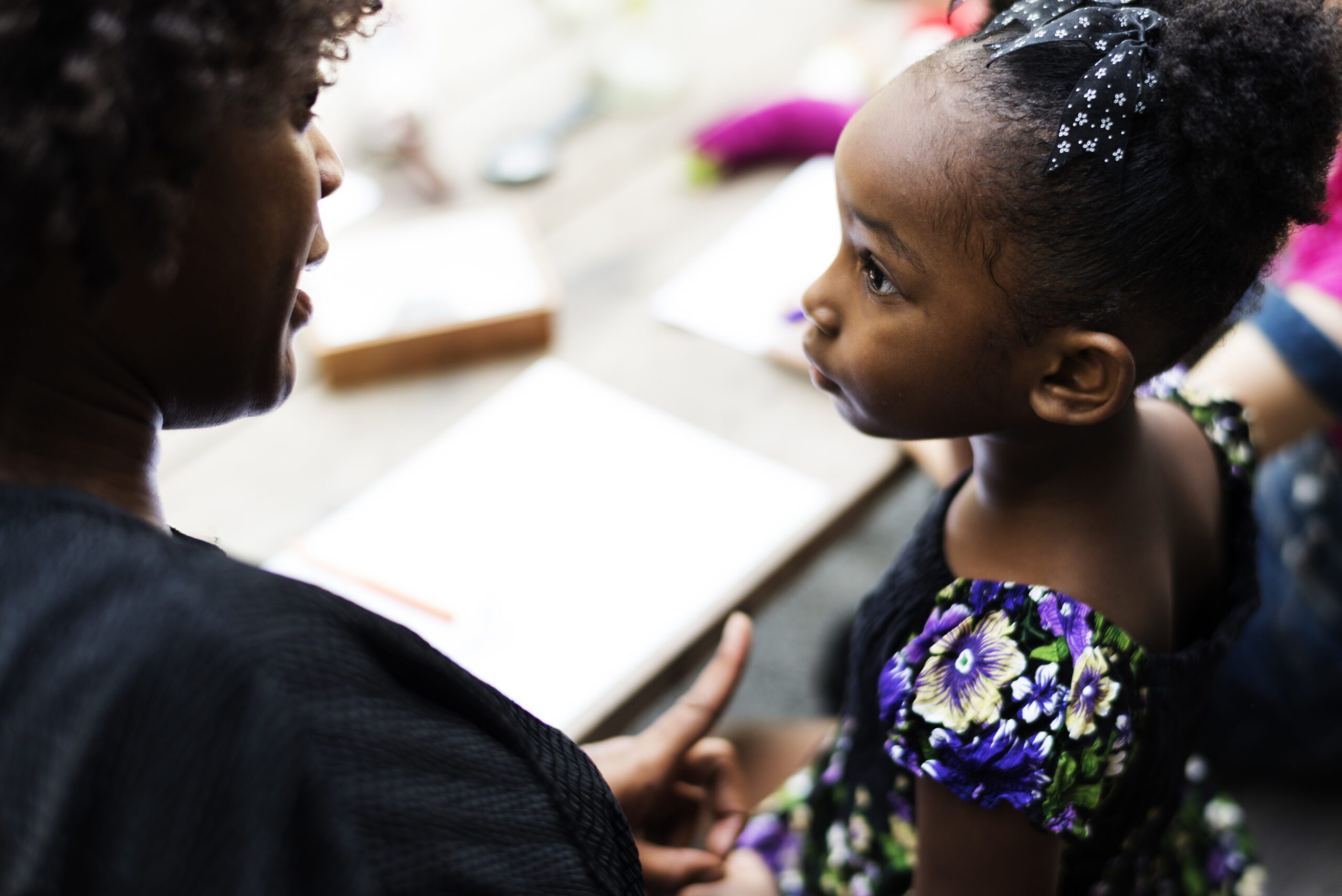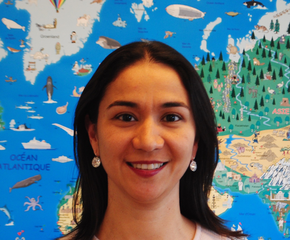
Life is ever so meaningful when we realize the interconnectedness it upholds and how our relations with one another are intertwined by events, circumstances, other people and our actions or inactions.
Yesterday when I explained to Manuela, my four-year-old, that all schools in Switzerland and France are closed to help avoid that more people get rapidly sick with a current virus, and therefore, we would be together at home for some time, she got very excited with the fact that she will have both of us for her full time. She also turned to me and said: ‘But what about my friends in school? But if we stop going to the school it will not function anymore! and she emphasised: ‘and it is very important’.
She reminded me that relationships are our most important asset in life, and that places that are important to us are made of people, people who make them special, unique and relevant to us.
During the last few weeks we have seen a critical development of the spread of the Covid-19 around the world, particularly here in Europe, making it now the epicentre of the pandemic. Many governments are taking preventive measures, including closure of schools and universities, as well as closing of public places, restricting large gatherings, recommending working from home, enforcing partial lockdowns, suspending flights, and even closing borders to people coming from places with a high number of cases, to avoid further spread. Prevention during these times means social distancing and realizing that we are not only trying to protect ourselves, but to protect the ‘other’, that ‘other’ who is more vulnerable.
Life as we know it is changing and posing many questions to the way we live and the lives of our children and youth. For some of us, we are now forced to stay at home for some time, not to travel, to postpone holidays, business trips, to decrease profits, to change expectations of our employee’s deliverables or even to find creative ways to work and take care of our kids at the same time. As life changes, we also need to find ways to explain to our children the power of a virus, the defenceless of life, the vulnerability of our interactions, the invisible act of caring for one another, and the true meaning of empathy and solidarity through our actions.
Education for more than 390 million children is now being suspended, and while some can continue doing some studies on line, for most, that might not be possible. Many question why schools should be closed when children seem to be the less affected by the virus, and when this decision will affect many parents that need to work. There is an important economic rationale to avoid this measure, which seems to prevail for some countries. However, the answer has to do with the same fact that we are all INTERCONNECTED, that schools are places where parents interact at the drop off and pick up, that children can be vectors of the virus, even if it does not seem to affect them gravely, and that we are not just protecting them but also the community. Some studies from previous moderately transmissible pathogens have shown that closing schools reduces the cumulative infection rate by about 25% and delay the peak of the epidemic [in that region] by about 2 weeks[1]; therefore, helping health systems, which are already overwhelmed.
A decision like this affects everyone, and requires support from everyone. Parents need flexibility at work, governments need policies and programs in place to support those who cannot take care of their kids; economic support should be provided to businesses, and above all, we need to create a sense of co-responsibility and solidarity, which seems to be challenging the way we make decisions and act in these difficult times.
Seated today at home, I am looking through my window and observing the slow pace of life outside and the few voices of people on the streets. Thinking of the many decisions I had to make this week to ensure the safety of the people who work with me, in the midst of so much uncertainty but also with the constant flow of information and political decisions made, touches me immensely with a deep sense of responsibility for their lives and the lives of their families, as well as for the work we do, current projects and commitments.
This pandemic has come very close to us, making us think differently about the way we work and live, challenging our interactions with others, but also reminding us that we all hold the lives of the other in our hands, that what we do or do not do has an implication and an impact on the lives of others. It reminds us that social distancing is as much as creating physical space as it is caring more deeply about the lives of the ‘other’ and the intrinsic value of our relations with those closest and distant to us.
Today I am reflecting on the meaning of Ubuntu: I am because you are! And thinking how every decision and action we make in these days have an impact on the other and on the spread or containment of this pandemic. It is not the time to think about ourselves, it is the time to think collectively and selflessness.
And this takes me back to my little wise daughter: What about my friends? What about the ‘other’? And What is school without us, kids? What is community without us, individuals? And as she said: IT IS VERY IMPORTANT! We are not a community without supporting and caring for each other, and we are no one without our relations with one another. This is the ethical demand that our life in community poses to us, and today it is more evident than ever.
[1] Jennifer Couzin-Frankel. Taken from https://www.sciencemag.org/news/2020/03/does-closing-schools-slow-spread-novel-coronavirus?fbclid=IwAR1I4D0zr_RBtR9N8kf1UlOulWIIAcD9VVbtszRrHTW5_3AfMSGwixzdc90
By: Maria Lucia Uribe, Director Arigatou International Geneva
